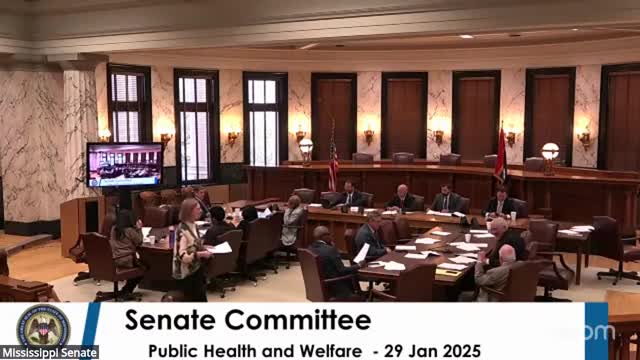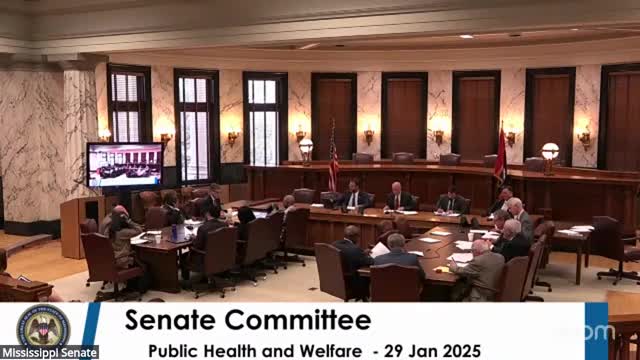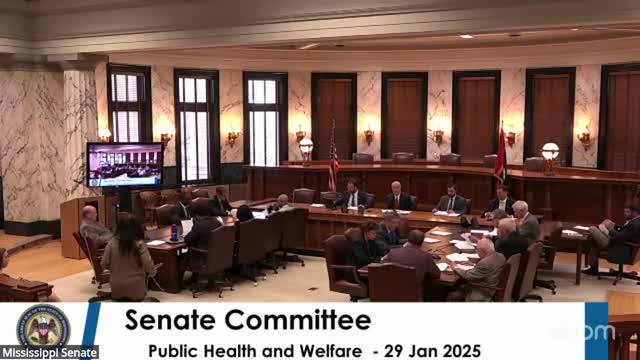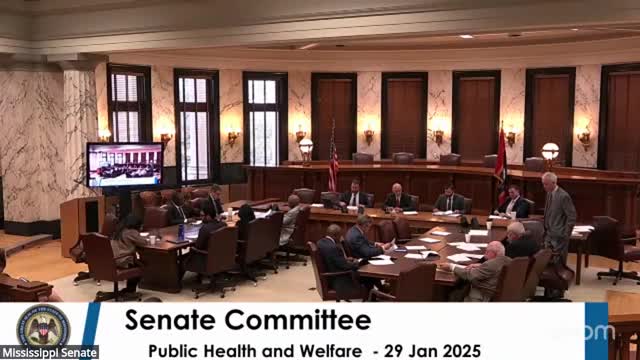Article not found
This article is no longer available. But don't worry—we've gathered other articles that discuss the same topic.

Votes at a glance: committee advances technical bills and referrals, adopts amendments

Committee advances community health worker bill but members seek clearer scope limits

Committee advances genetic counselor licensing bill to allow state oversight and potential insurance billing

